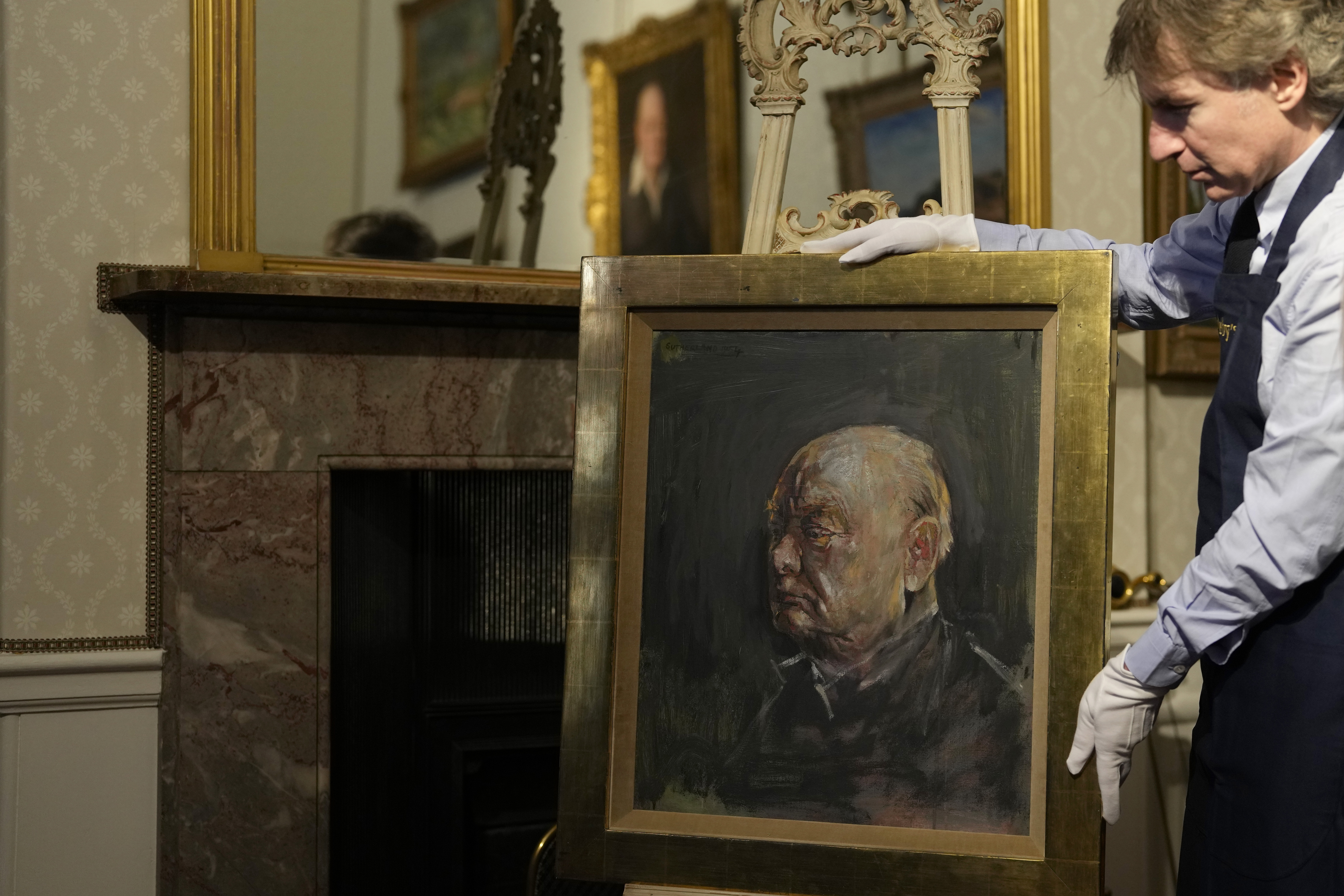The year’s first case of monkeypox in the U.S. was confirmed in Massachusetts this week, and though a potentially serious disease, it is typically rare outside of West and Central Africa. Health officials however are monitoring outbreaks that seems to be spreading among people who have not traveled to Africa.
The Centers for Disease Control and Prevention have been tracking unusual clusters in Portugal, Spain and the United Kingdom, countries that do not normally report monkeypox. They say it is not clear how people in the clusters were exposed but that they include men who have sex with men.
The New York Times reported that officials in Canada are investigating at least 15 possible cases in Montreal. The man hospitalized in Massachusetts had recently traveled to Canada via private transportation, the CDC said. It did not immediately respond to an inquiry from NBC.
The CDC is urging healthcare providers in the U.S. to be alert for patients who have rashes consistent with monkeypox, regardless of whether they have traveled or have specific risks for monkeypox.
Feeling out of the loop? We'll catch you up on the Chicago news you need to know. Sign up for the weekly Chicago Catch-Up newsletter here.
Health officials say the risk to the general population remains low.
Here's what to know:
What Is Monkeypox?
U.S. & World
Monkeypox is a rare disease caused by infection with a virus that is related to those that cause smallpox and cowpox. It was first discovered in 1958, when outbreaks occurred in colonies of monkeys kept for research. That accounts for its name.
The first case in a human was reported in 1970 in the Democratic Republic of the Congo, which still has the majority of infections. Other African countries where it has been found: Cameroon, Central African Republic, Cote d’Ivoire, Democratic Republic of the Congo, Gabon, Liberia, Nigeria, Republic of the Congo and Sierra Leone.
Typically cases recorded outside of Africa have been linked to international travel or animals that have been imported.
What Are the Symptoms?
The symptoms in humans are similar to smallpox but not as severe. The incubation period is usually seven to 14 days, though it can be as long as 21 days. The disease starts with a fever, a headache, muscle aches, chills and exhaustion, according to the CDC. One sign that it is monkeypox and not smallpox is that in monkeypox, lymph nodes swell.
Within one to three days, or sometimes longer, a rash will appear. It often begins on one’s face and then spreads to the rest of the body. Lesions develop that become scabs that fall off.
How is it Transmitted?
The virus enters your body through broken skin, your respiratory tract, or the mucous membranes of your eyes, nose or mouth. Human-to-human contact is thought to be through large respiratory droplets, the CDC says. It can also be transmitted by direct contact with body fluids or indirectly through contaminated bedding, and through the bites or scratches of infected animals or through the preparation of bush meat.
How Long Does the Illness Last?
Usually monkeypox last for two to four weeks. Most people recover without needing to be hospitalized.
How Serious is it?
In Africa, monkeypox has resulted in the death of as many as one in 10 people who contracted the virus. It is believed to be more serious in children. The current version circulating is milder with a fatality rate of less than 1%.
How is it Treated?
There is no proven, safe treatment for monkeypox virus infection but the Food and Drug Administration approved a vaccine for monkeypox, which also protects against smallpox, in 2019. Outbreaks can be controlled through smallpox vaccine or antivirals. Smallpox vaccine is not available to the general public but in the event of an outbreak, the CDC could establish guidelines for vaccinations.
How Many Cases Occur Each Year?
Each year, there are an estimated thousands of cases in Africa. About 6,000 cases are reported each year in Congo, and another 3,000 in Nigeria, according to the World Health Organization. Other people are likely infected but their cases go unrecorded.
An outbreak in the U.S. in 2003 infected 47 people in six states. They got the virus from pet prairie dogs that were kept near some small mammals that had been imported from Ghana.
Two cases in the U.S. in 2021 were linked to travel.
How Are These Cases Different?
These cases appear to involve people who are becoming ill without having traveled to Africa.
In Europe, infections have been reported in Britain, Italy, Portugal, Spain and Sweden. Most of the cases involve men who have had sex with men, The Associated Press reports.
Britain's Health Security Agency said its cases are not all connected, suggesting that there are multiple chains of transmission happening, according to The AP.
The infections in Portugal were picked up at a sexual health clinic, where the men sought help for lesions on their genitals. It is not clear whether monkeypox is being spread through sex.
Michael Skinner, a virologist at Imperial College London, said it's still too early to determine how the men in the U.K. were infected.
“By nature, sexual activity involves intimate contact, which one would expect to increase the likelihood of transmission, whatever a person’s sexual orientation and irrespective of the mode of transmission," Skinner told The AP.



